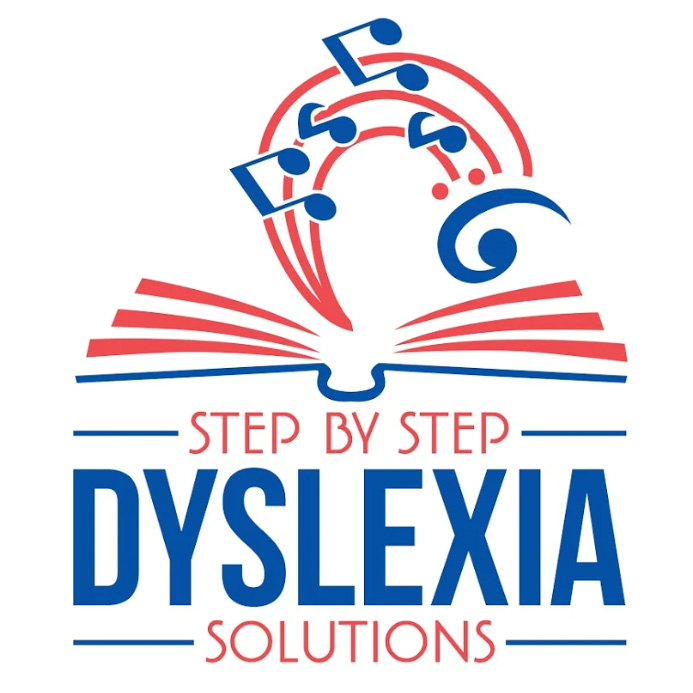What Are Symptoms of Dyslexia?
Growing up and living with a disability or disorder can be a monumental barrier for anyone to overcome. Thankfully, there are more solutions than ever before to live a typical life just like anyone else, regardless of the learning disorder at hand.
Dyslexia affects approximately twenty percent of the global population. Anything that hinders someone’s ability to read and learn can be a challenging reality. Still, there are plenty of ways to address the condition and get beyond it.
However, before treating dyslexia, people need to realize if they have it or not. Of course, professionals help diagnose the learning disorder, but taking the time necessary to look at the common symptoms of it will give you a better idea of what you or someone else is experiencing.
I will share an in-depth look at the various dyslexia symptoms that affect adults, children, and teenagers. We’ll also discuss what dyslexia is, mild dyslexia symptoms, severe dyslexia symptoms, and much more. Let’s take a look!
You can read more about dyslexia and events and join a support group with International Dyslexia Association in your state.
What is Dyslexia?
Dyslexia is a learning disorder that negatively affects a person’s ability to read. The disorder can affect people with normal vision and intelligence, making it such a widespread disorder globally. Dyslexia isn’t a disease, but a neurological condition someone can be born with. Forty percent of cases are genetic, making it a common occurrence throughout families.

Some people with dyslexia can succeed in school without tutoring, though it’s always ideal for addressing the matter. Dyslexia doesn’t necessarily worsen as someone ages, but not addressing it early on can make it more challenging to live with as an adult.
Most people become aware they have dyslexia when they’re children, as they have difficulty reading and completing school assignments. Usually, around this time is when their parent will bring them in for a diagnosis, and they’ll make a determination about what they should do.
Whenever someone is diagnosed with dyslexia, they tend to think something is wrong with them. What they need to realize is it’s widespread and normal to experience it, and shouldn’t look at themselves differently. Plus, with the modern ways to help dyslexia, it’s easier than ever before to live with.
Dyslexia Symptoms Adults
Read about Stefani Thayer’s husband who is a surgeon and dyslexic.
Although it’s most common for children to be diagnosed with dyslexia, some children go through their lives without ever being diagnosed. Then one day, as adults they might stumble across something regarding dyslexia and wonder if they have it or not.
As you can imagine, dyslexia symptoms for adults vary differently than dyslexia symptoms for children. Adults most commonly experience difficulty reading, problems spelling, the avoidance of reading, mispronouncing of names, difficulty summarizing a story, trouble memorizing, and much more.
Keep in mind, just because someone falls under one of these symptoms doesn’t automatically mean they have dyslexia. If you think you have dyslexia, make sure you see a professional sooner than later so they can help diagnose you and give you options to help address it.
- Difficulty reading
- Problems spelling
- Avoids reading
- Mispronounces names
- Difficulty summarizing a story
- Trouble memorizing
Dyslexia Symptoms Child
Since dyslexia is most often discovered in children, it’s more common to look for these symptoms as a diagnosis. Usually, parents find out their child has dyslexia once the child starts having difficulty in school related to reading, writing, and other learning subjects in that field.
Dyslexia symptoms for children include reading at a level below their age, problems processing when they heard, difficulty finding the right word, problems remembering, inability to pronounce a word correctly, difficulty spelling, taking a long time to complete assignments, and much more.
Again, make sure you realize that most of these symptoms happen all at once with a child, and just because your child experiences some of them doesn’t necessarily mean they have dyslexia. Professionals are critical in this field, so make sure your child sees one.
- Reads below their age group
- Problems processing what they hear
- Difficulty finding the right word
- Problems remembering
- Inability to pronounce a word correctly
- Difficulty spelling
- Taking a long time to complete assignments
Dyslexia Symptoms Preschoolers (Dyslexia Symptoms Children and Toddlers)
Did you ever try using music with your dyslexic child?
Since one in five people are born with dyslexia, signs of the condition can be detected early on leading up to when they’re a preschooler. Kids typically begin reading and writing early on in school, but preschool is usually more of a hands-on approach, meaning there are other symptoms to be aware of.
Common dyslexia symptoms for preschoolers or younger include late talking, learning new words slowly, problems forming words, reversing sounds and confusing words that sound alike, problems remembering, difficulty learning nursery rhymes, and much more. As with anything else, be mindful of seeking professional help to see if your child has dyslexia or not.

- Late talking
- Learns new words slowly
- Problems forming words
- Reversing sounds
- Confusing words that sound alike
- Problems remembering
- Difficulty learning rhymes
Dyslexia Symptoms Teenagers
Since it’s common for adults to suddenly realize they have dyslexia, the same can be said for teenagers as they start to see more challenging assignments and have difficulty understanding and completing them. It’s more common for middle schoolers to realize this, but it does happen to teenagers as well.

Dyslexia symptoms for teenagers tend to be similar to adults as it includes difficulty reading, problems spelling, the avoidance of reading, mispronouncing of names, difficulty summarizing a story, trouble memorizing, and much more.
- Difficulty reading
- Problems spelling
- Avoids reading
- Mispronounces names
- Difficulty summarizing a story
- Trouble memorizing
Mild Dyslexia Symptoms
Who can screen? Click here and allow Dr. Cintron to screen for mild or severe dyslexia.
As with anything else, there are differing degrees of dyslexia relating to more mild conditions to severe. Mild dyslexia symptoms tend to mean someone doesn’t require any extra tutoring and might go their entire life without knowing they have dyslexia. It usually means they have a challenging time pronouncing words and some challenges for reading and writing.
- Trouble pronouncing words
- Mild reading trouble
- Mild memorization issues
- Trouble writing quickly
Severe Dyslexia Symptoms
The last point to highlight would be cases of severe dyslexia symptoms. Usually, people with severe dyslexia have similarities to mild dyslexia, but they struggle with it much more, meaning they need a tutor to get by at school, etc. Common symptoms include significant trouble reading or writing, inability to memorize, difficulty completing assignments on time, social problems, and much more. Thus, it’s always needed for a child or person that is severely struggling with their dyslexia to seek help.

- Significant trouble reading and writing
- Inability to memorize
- Difficulty completing assignments on time
- Social problems
Finally, consider attending our Dyslexia Boot Camp and Learn about Embracing Dyslexia.

